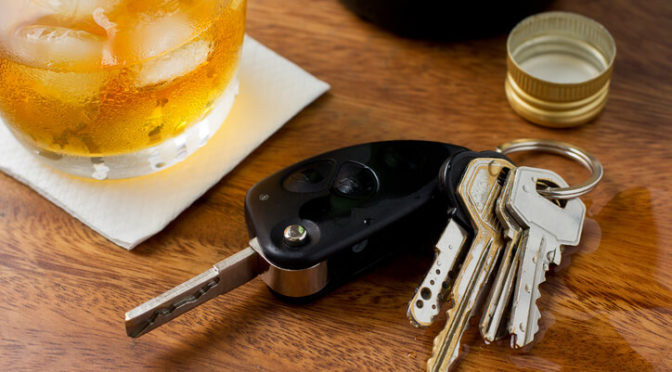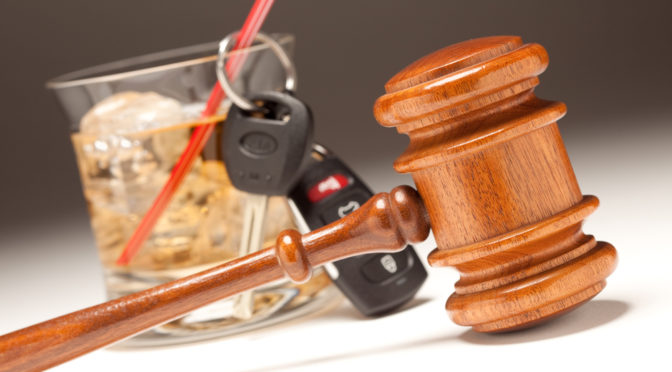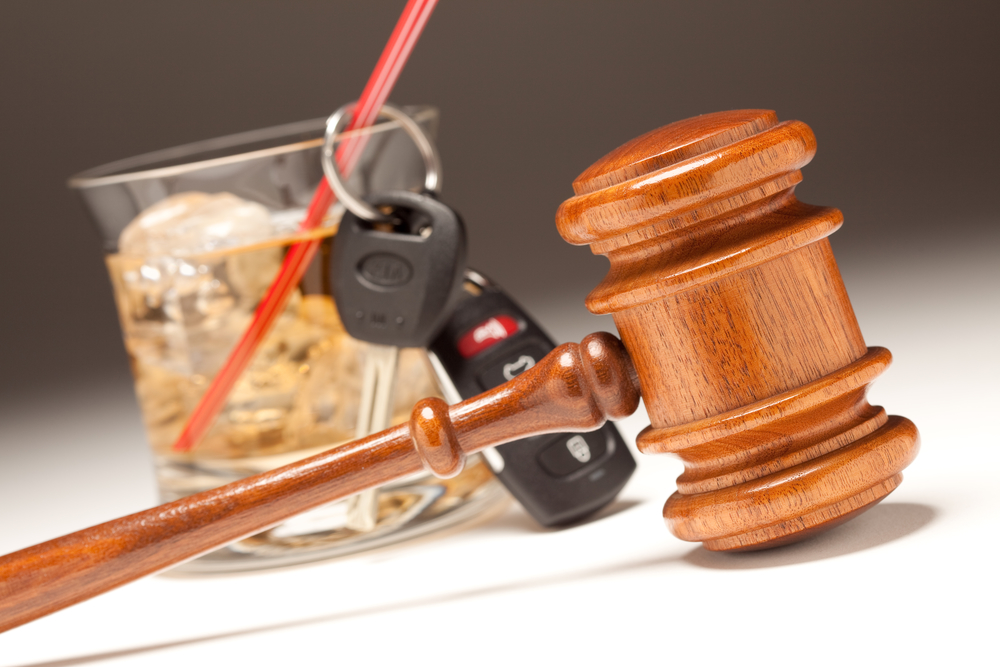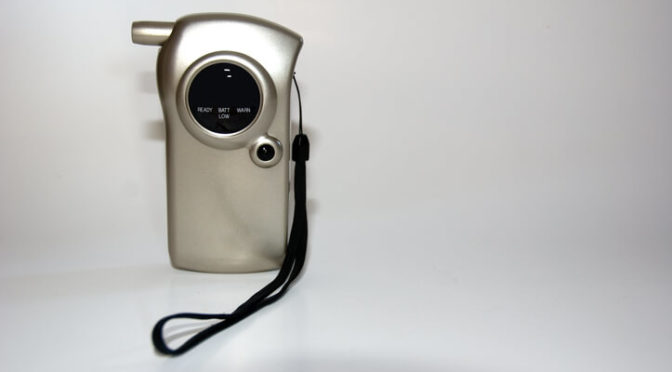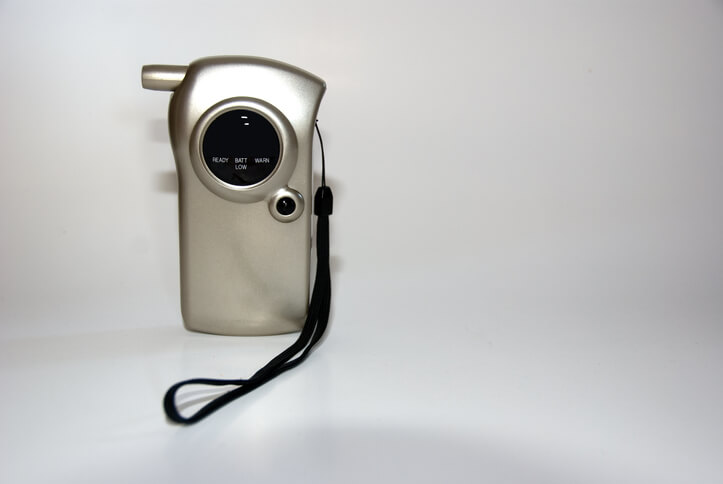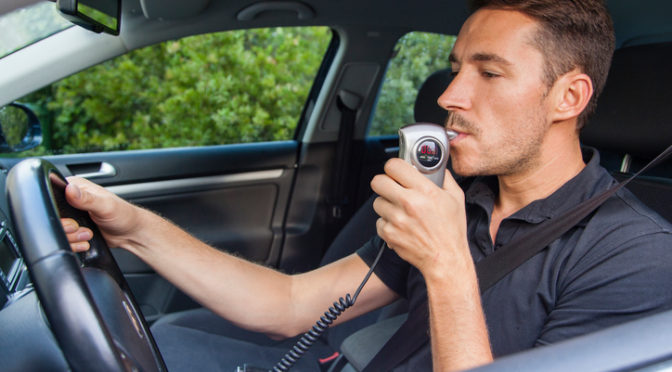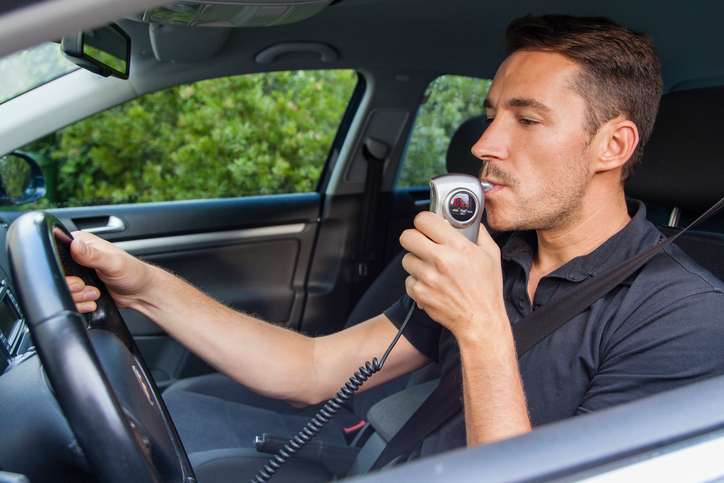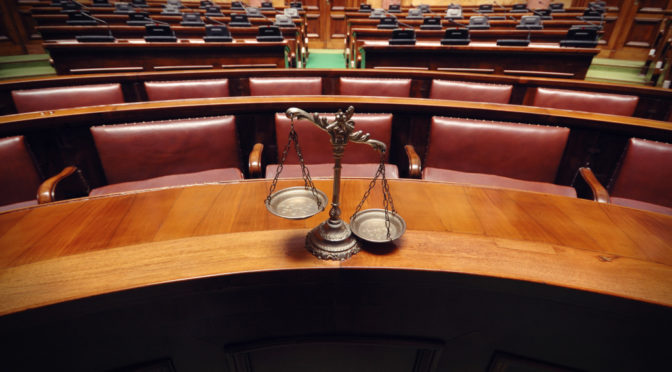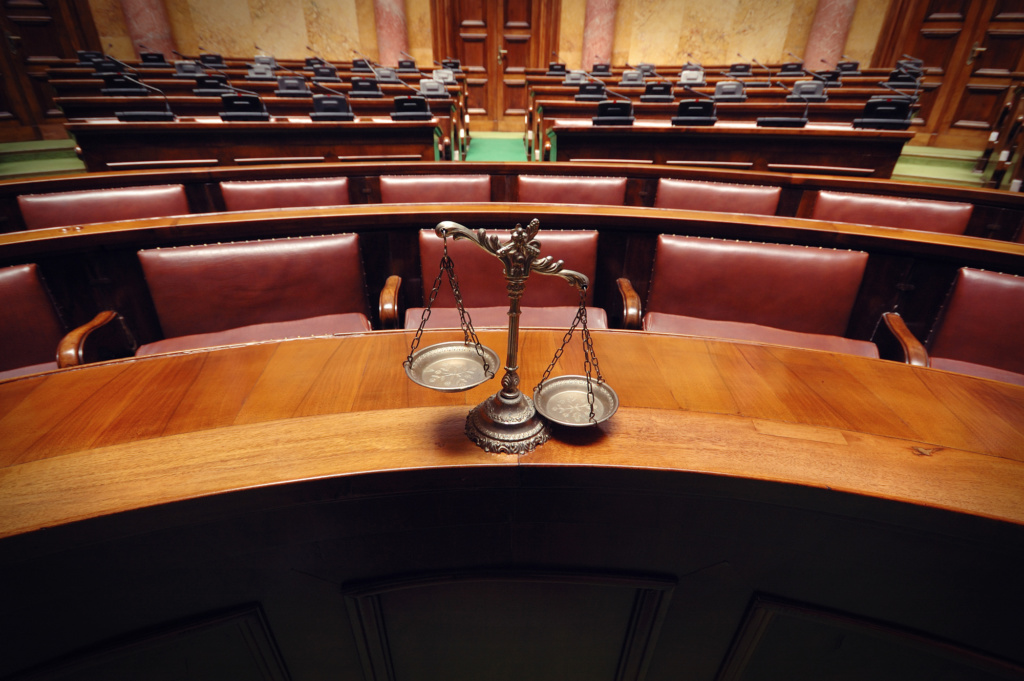If you have been arrested for a DUI charge, it might seem like the odds are stacked against you. That’s because it typically seems easy for an officer to prove a DUI and they often go uncontested in court. However, if you were arrested, but you think the arrest was unwarranted, the good news is there are ways you can fight it.
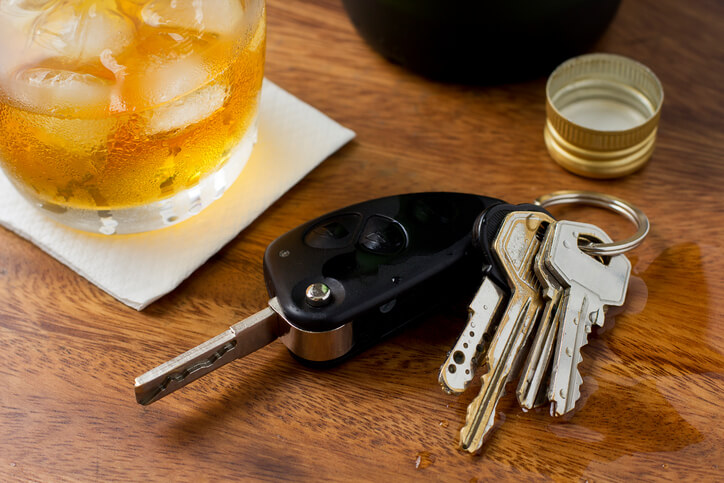
This is where the help of a professional, knowledgeable legal team like Leyba Defense comes in. Our seasoned DUI attorneys will pour through all of the information related to your case to help ensure you get the justice you deserve on your case. We can help you mount a competent defense against your DUI charges. We are familiar with a variety of strategies to fight a DUI, some of our strategies are listed below.
Challenging the Officer’s Arrest
Frequently, a DUI charge can be challenged simply by looking at the circumstances of the initial arrest. Did the officer do everything correctly? If not, then it’s very possible that you can beat the charge by arguing the finer points of the applicable laws. This is why having a strong legal team is of paramount importance. At Leyba Defense, we know the law. We know to examine the entire case for:
An improper stop
In order for you to be pulled over in the first place, it’s necessary for the officer to have “probable cause” – in other words, an actual reason to pull you over. He can’t initiate a traffic stop simply because he has a feeling you’ve been drinking or he was bored. This is one of the most common ways a DUI charge can be fought because the officer has to be able to show that he pulled you over for a specific reason. Were you swerving? Were you a risk to others while driving? Often, this takes nothing more than reviewing the officer’s video evidence to see. If no probable cause can be detected, then it’s easy to mount a defense.
An improper test
Another common way to fight a DUI charge is to challenge the test itself. Depending on the type of field test given, we look at the calibration of the breathalyzer, or the training of the officer. If the officer was not properly trained, then their field test might be ruled invalid and thrown out.
An improper arrest
A third thing we look at is the arrest procedure. As you know, officers are required to perform arrests in a certain fashion. If we can prove that any of these procedures were not followed – such as not administering your Miranda rights or in some other way violated your civil rights – that goes a long way to mounting a successful defense.
Challenging the Officer’s Judgement
In addition to challenging the arrest itself, another way to fight a DUI charge is to challenge the judgment of the officer. This is similar, in some ways to challenging the test itself but in this case, we go towards the subjective viewpoint of the arresting officer. Often, arrests are made on what appear to be symptoms of drinking–dizziness, red eyes, alcohol smells – but can also have perfectly logical explanations.
Of course, these logical explanations need to be true for you— if you’ve been suffering from an illness, are taking medication, or maybe had one drink (enough to taint your breath, but not enough to be intoxicated)—then it’s possible to fight this very subjective call.
Introducing “Extra” Information
Even if the arresting officer acted properly, administered field tests accurately and didn’t violate any procedures, this doesn’t mean you don’t have any legal recourse. It’s possible that there is extra information, not asked at the time or considered, that can shed some light on your actions and turn a guilty judgment into not guilty. These extenuating circumstances need to be entered into the record of your case as soon as possible, and they often involve an uphill battle to prove–but they can also be the difference between guilty and not guilty.
These special circumstances include:
Necessity – this involves a situation where, even though you were intoxicated, you still had to drive in order to prevent a greater evil or tragedy.
Duress – this involves being forced to drive against your will.
Mistake of Fact – you might not actually realize you’re intoxicated. This doesn’t mean you didn’t realize how much you drank, but it can be used when you are on medication that reacts with alcohol and you simply aren’t aware of these effects.
As you can see, getting charged with DUI doesn’t have to be the end of life as you know it. If you feel you were wrongly charged, there are things you can do to fight this. Of course, the first thing you need to do is enlist the help of a legal team. Please contact us at Leyba Defense today so we can start working on your case. You won’t know if you can beat it until you try!

